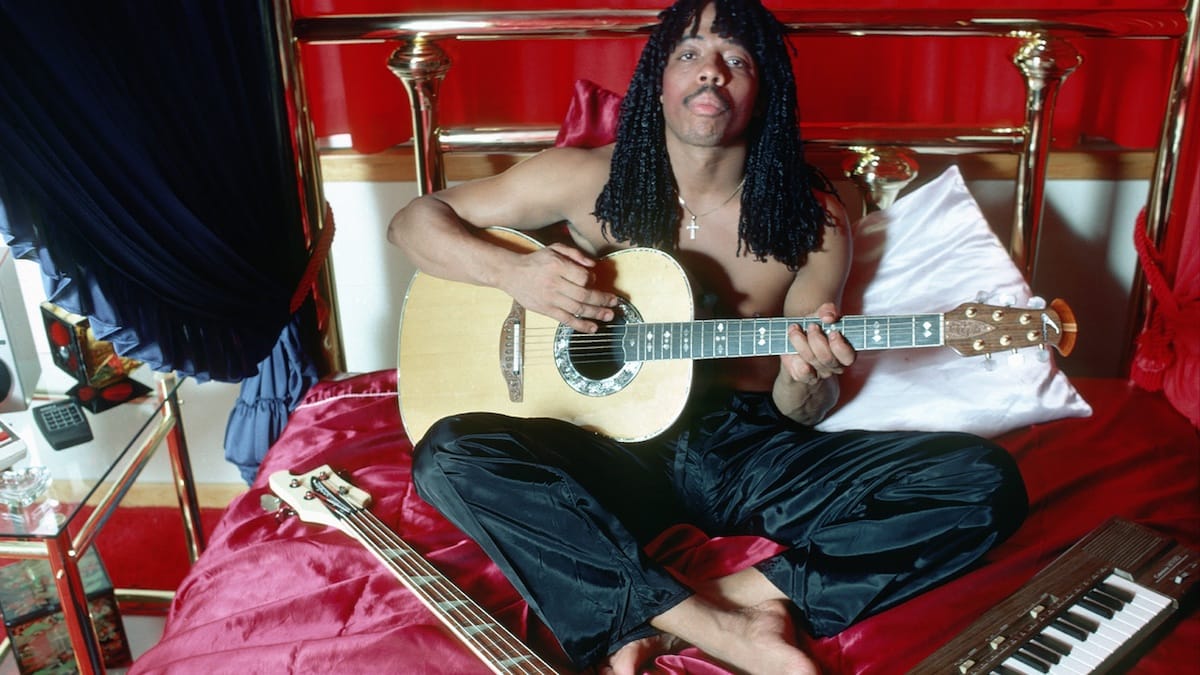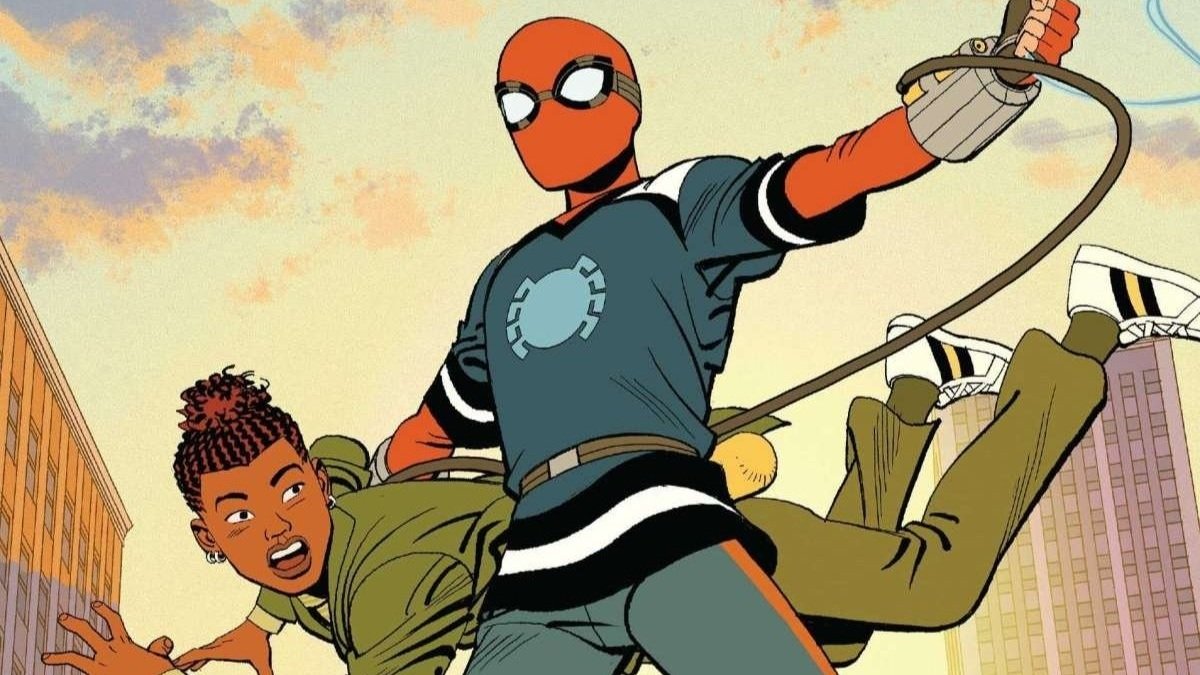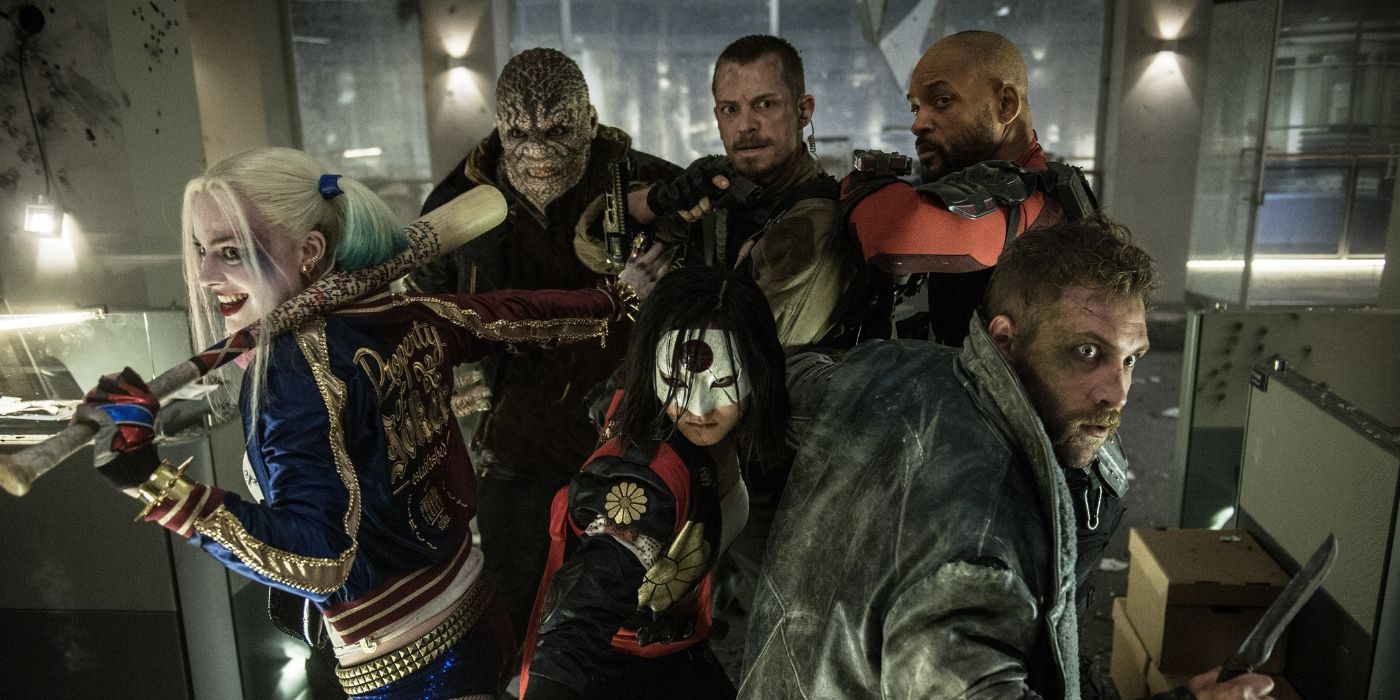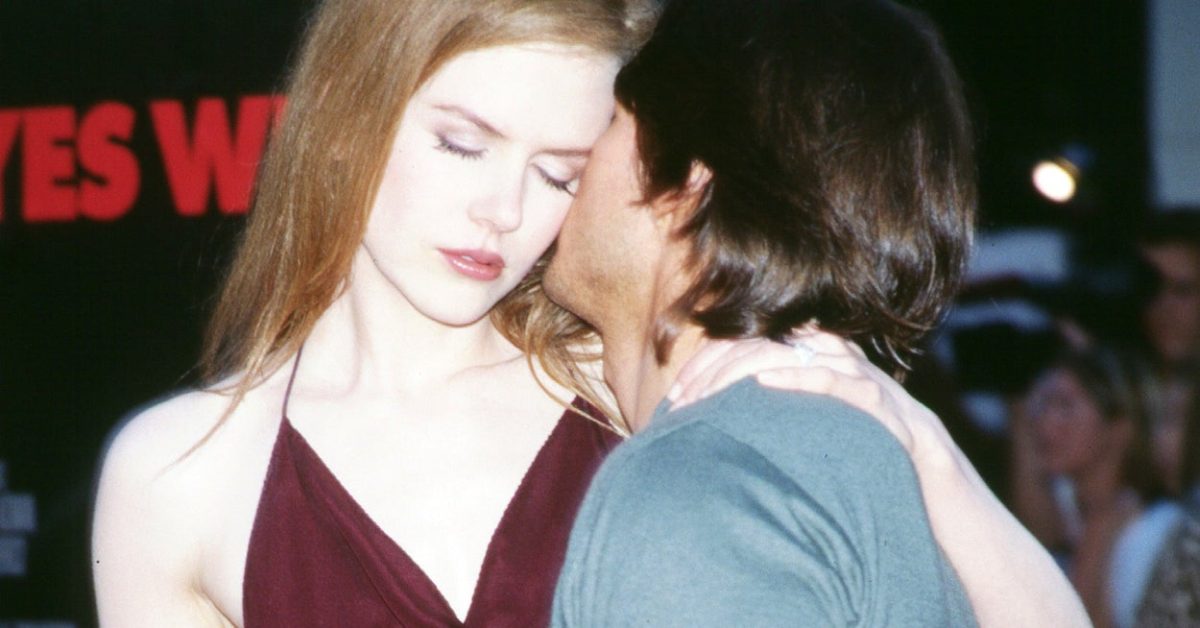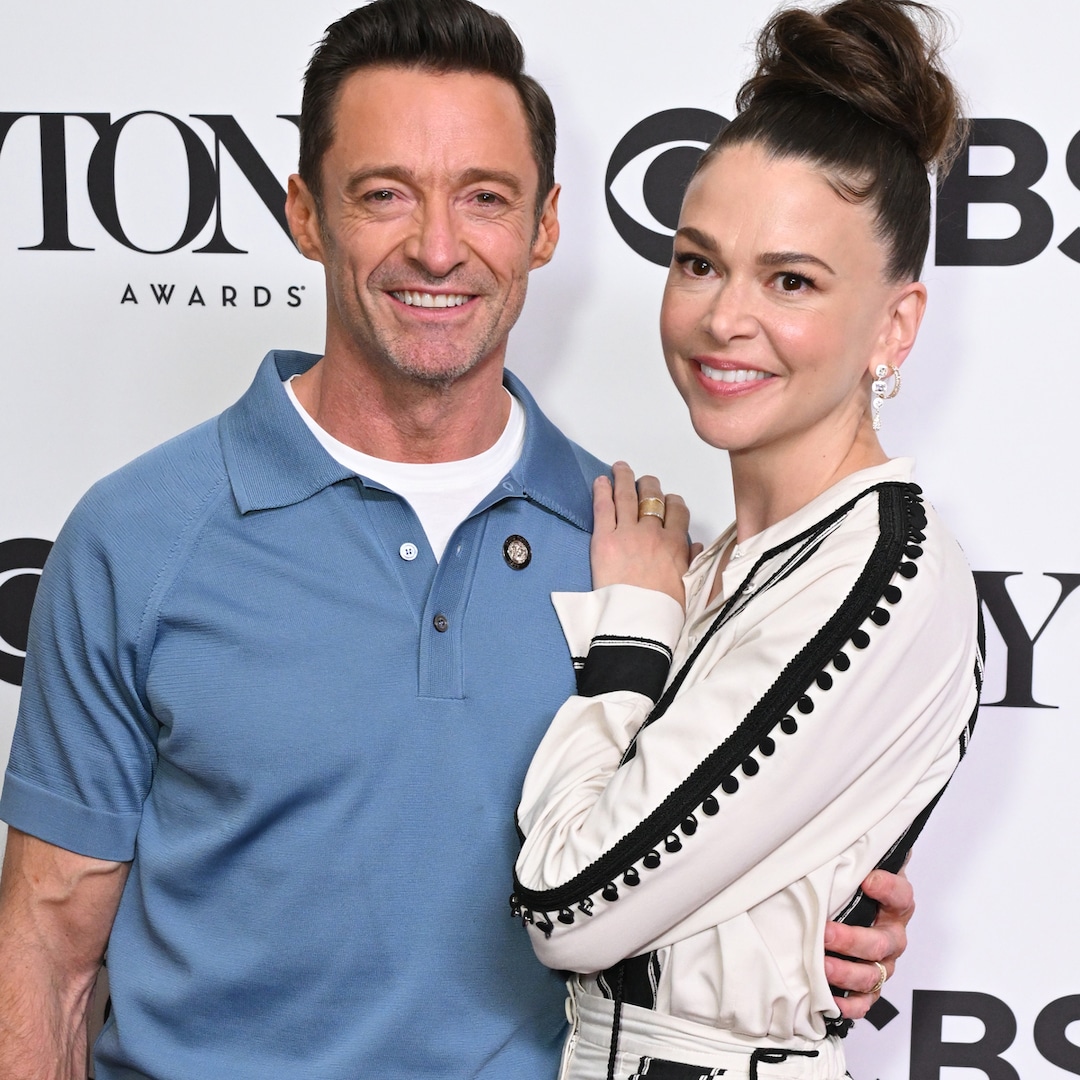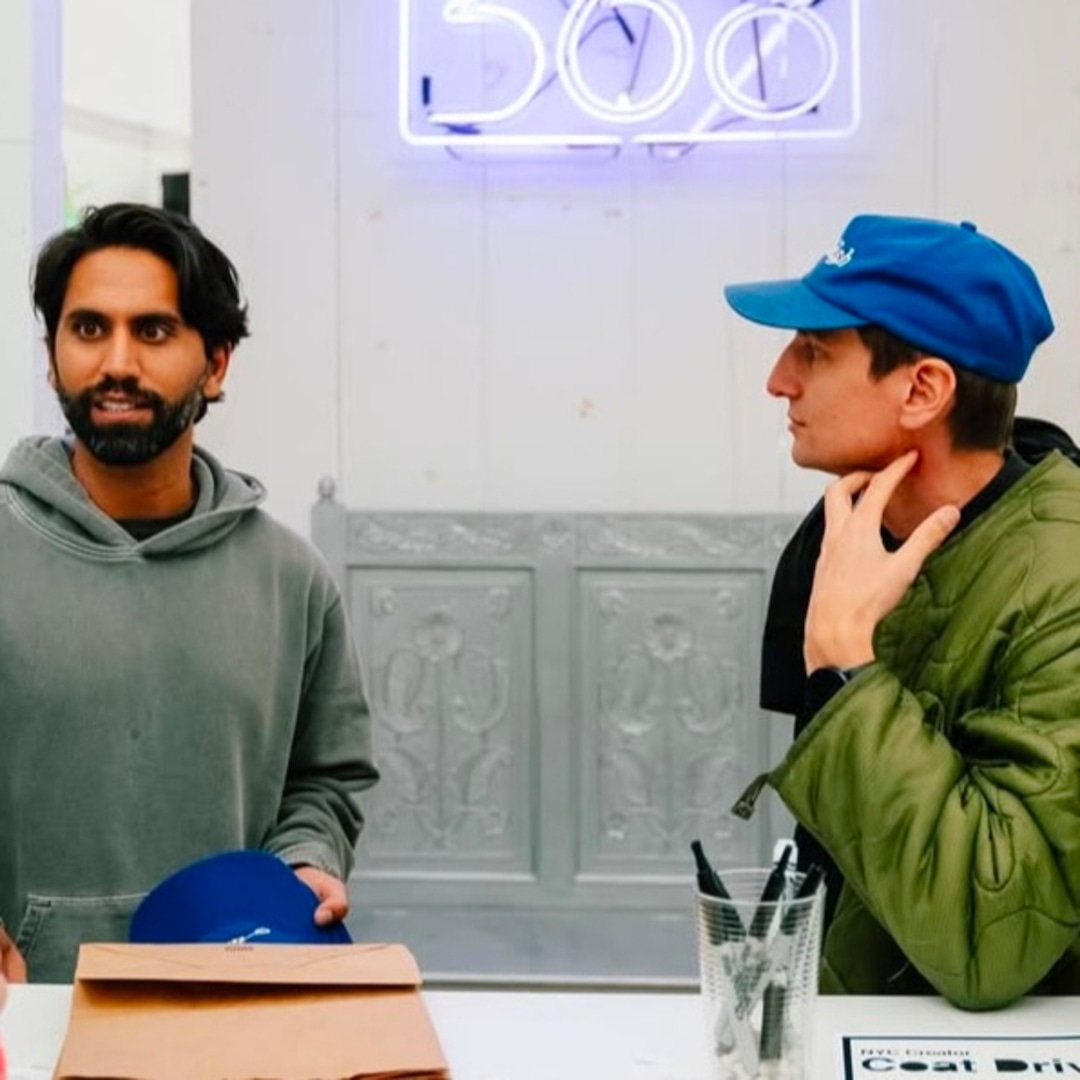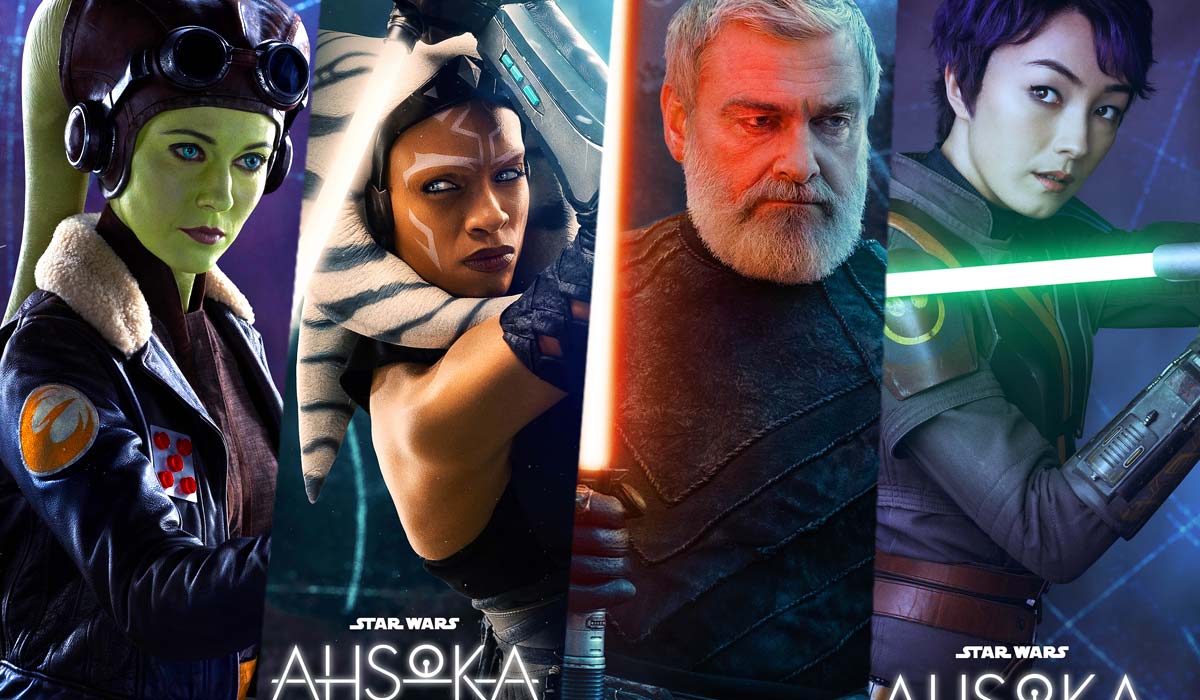
The Dire ‘Ahsoka’ Finale Points To A Larger Storytelling Crisis Moment For ‘Star Wars’
Oct 13, 2023
Spoilers for the “Ahsoka” finale, “The Jedi, the Witch, and the Warlord,” are contained in this post.
“Ashoka,” the “Star Wars” spin-off series starring Rosario Dawson, concluded last week on Disney+, and boy, I’m still grappling with just how frustrating, colossally disappointing, and underwhelming a whimper it all was. So much so, in some ways, the inert and dramatic-less nonentity of an episode has made it challenging to craft a coherent rebuttal that’s not just, “Huh, that’s it?”
Yes, I admittedly like the first two episodes of the series—all that was available to “review” at the time—and thought it seemed promising. “Ahsoka” set up an intriguing story of Imperial conspiracy—the Empire is believed to be defeated by this point in the post “Star Wars: Return Of The Jedi” timeline—and sequalized continuation of the animated “Star Wars: Rebels” narrative, but now told in live-action. But “Ahsoka,” created by Dave Filoni— one of the co-creators and executive producers of “Star Wars: Rebels,” who also wrote, directed, and oversaw the entire new series by the end— was dire with weak storytelling, little character arc, themes or motivation, dull pacing, listless momentum and no convincing stakes to speak of.
READ MORE: Fall Film Preview: 60+ Most Anticipated Movies To Watch
Nothing of consequence happened. Sure, there were lots of (flatly and boringly directed) lightsaber duels (a fan on Twitter joked that this “Star Wars”-made fan video was more inventively shot, and that’s a bit hard to argue with), a lot of running, a lot of characters trying to get to point A to B, but it was all plot, and nothing of meaning, import or anything resembling poignance.
And there was arguably inexplicable plot armor too, aka, the main heroes rarely felt as if they were in any real jeopardy, the logic behind things like zombie troopers never explained, why did the Star Destroyed Chimera seemingly have worse aim than a regular poorly-aimed Stormtrooper?
In the end, Grand Admiral Thrawn (Lars Mikkelsen), the Night Sisters, and the battalion of Storm Troopers he had left escaped, super-hyper light speeded back to the “regular” “Star Wars” galaxy, and Ashoka (Dawson), Sabine Wren (Natasha Liu Bordizzo) were left behind, trapped in this other galaxy far, far away.
While Rogue Dark Jedi Knight/Sith Lord Baylan Skoll (Ray Stevenson) clearly chose to stay—and to a lesser extent his apprentice Shin Hati (Ivanna Sakhno), whom he basically abandoned—his reasons were mystifyingly opaque and incomplete, the former Jedi hinting at a larger purpose, but the finale content to tease more… in season two? Sure, lots of TV ends on a cliffhanger, but generally, they justify their own existence, something “Ahsoka” plainly failed to do.
It all ended dismally with a Force Ghost projection of Anakin Skywalker (Hayden Christensen) wistfully looking back on his former apprentice Ahsoka and then credits (cue a sad trombone). But written by Filoni (as was the entire series), the complete series felt like a first draft of plotting and nothing else, almost nothing rooted in character depth. Handed in anywhere else in a writer’s room, a showrunner might remark, “ok, the story beats are all there, a beginning, middle, and end, but now let’s inject some life, soul, heart, purpose, and meaning into it” (all of it seemed cobbled together in a rush fashion, from unimaginative master-shot direction to shoddy VFX that will likely get upgraded and spotted by eagle-eyed fans).
Sadly, much of the “Ahsoka” season was like this. What was her character’s arc exactly? What was the show’s point other than finding Ezra and getting him to rejoin the ‘Star Wars’ galaxy (and what does that have to do with Ashoka as a character?)
Ahsoka herself had next to no inner conflict, no personal struggle, no emotional dilemma or human obstacle to overcome; you know, the stuff that drives any series that’s named after a character.
The young Ahsoka of “Star Wars: Clone Wars” felt like a real dimensional character because she was young, cocky, out-of-her-depth, riddled with Padawan self-doubt, and then struggling even further because she recognized her master Anakin Skywalker was growing out of control—sort of like a teenager realizing they’re in a toxically dysfunctional relationship where they now have to raise their unpredictable and loose-screw parent. This matured version of Ashoka’s most remarkable trait was… competency, maturity, and wisdom, not a character flaw in sight (every good archetypal character had one of those; Anakin Skywalker’s was hubris, Luke Skywalker’s was recklessness combined with a naïve idealism which almost cost him his life in at the end of ‘Empire’). Ahsoka was essentially flawless, a masterful Jedi; how do you build an entire show around that?
To be fair, Ahsoka did have things to grapple with: guilt and how dangerously similar she was to Anakin with her own past recklessness, but they were fumbled quickly.
Ahsoka had outstanding unfinished business with her Jedi Master, Anakin Skywalker — the character quit the Jedi Order in ‘Clone Wars,’ essentially abandoning Anakin when he most needed her after all. But instead of using episode five, “Shadow Warrior,” to possibly reawaken past baggage or get into some evocative character dilemma that would trigger Ahsoka’s internal problems in the here and now, all this episode—much of it a greatest hits ‘Clone Wars’ flashback— could muster was an excuse for Anakin and Ahsoka to reunite in live-action and have an essentially meaningless lightsaber fight. Sure, it had a mild theme, the pupil outgrowing the master, great, but again, excellence might be one of the dullest traits to build a character around. Did their reunion cause any new emotional, psychological, or personality issues to grapple with as the series moved forward? Absolutely not. And all of it was resolved way too simply and tidily.
In fact, that felt like the point of most of “Ahsoka.” Instead of an actual purpose to the series or a justification of why Ashoka needed her own show—other than finding the long lost Star Wars Rebel Ezra Bridger (Eman Esfandi), who flew off into parts unknown in the season four “Star Wars Rebels” finale— “Ahsoka” felt like a mostly empty excuse to take the animated world Filoni created in ‘Rebels’ and “Star Wars: Clone Wars” and present them in live-action and nothing more.
Another offense was just how insular “Ahsoka” was. The series was deeply dissatisfying as it was, but imagine you hadn’t watched “Star Wars: Rebels” or “Star Wars: The Clone Wars” and then think just how detached some of those viewers must have felt (Samba streaming metrics are very imperfect, but they point to a very low viewership for “Ashoka” which could speak to this sense of alienation).
Like many of the disregarding, volatile, and impertinent Jedi before her— Qui Gon Jinn, a young Obi-Wan Kenobi, Anakin Skywalker, Luke, etc.—Ahsoka couldn’t be maintained, and she broke off onto her own path. An “Ahsoka” show could have been about breaking that mold, operating outside established power structures, reckoning with the past, and dealing with the existential loneliness of being the last of your kind. Something, anything!
Franchise television has been particularly lazy in its writing, but even shows that haven’t been great, “Loki” season one, for example, were about something (for Loki, it was a series about existential, “who am I?” identity, trying to determine what his new glorious purpose was after realizing he’s just a variant and his true self has died and hey that’s something).
I’d argue that “Ashoka” and a lot of “Star Wars” TV storytelling is very poor, cannot distinguish between plot and story, and arguably has no story at all, just building interconnected story beats like Marvel movies, but even those tales (see above), are generally about something (“The Falcon & The Winter Soldier” for example, not amazing, but about two heroes unsure if they were worthy of following in the footsteps of their heroic mentor Captain America. Your main character needs some kind of inner conflict! A Jedi, especially!)
It’s been clear as day that Filoni has been building to a “Star Wars: Rebels” series—we and many others have been predicting this for years since “The Mandalorian” started, and so what also feels way too predictable is that this “Ahsoka” story is just one another building block in what will presumably become “Heir To The Empire,” the 2026-ish (if the date sticks, spoiler: probably not), feature that Filoni is planning on directing which all too obviously seems like the entire Disney+ Lucasfilm TV world—Ahsoka, The Rebels, The Mandalorian and Boba Fett vs. Grand Admiral Thrawn and the new Imperial Forces and Night Sisters that he has amassed.
Aside from “Andor” (really, its own beast and sadly seemingly only one of a kind), much of “Star Wars” storytelling on Disney+ has been much the same. While initially intriguing, “The Mandalorian” soon devolved into an episodic “Bonanza” in space; who, or what antagonist Mando and Baby Yoda would run into each week in their frolicking adventures around the outer rim. “The Book Of Boba Fett” was worse and so barren in story that right in the middle of the series, it bafflingly became a ‘Mandalorian Season 2.5’ and started telling unrelated stories about Mando, Luke Skywalker, and Ahsoka to tee up ‘Mandalorian’ season three and “Ahsoka.” Now this kind of interconnected storytelling can be done, but boy, was this constructed in a painfully inelegant fashion. “Obi-Wan: Kenobi” wasn’t much better and landed as a disappointment in the end, too.
This compels me—on the advice of friends who read this article and weighed in with their two cents (thank you, Parrot Analytics’ Bradon Katz and Cinelinx’s Jordan Maison, for your invaluable thoughts and feedback)—to write a bigger picture part two about how “Ahsoka” and its storytelling speak to much more extensive problems at Lucasfilm and within the “Star Wars” galaxy.
Read: Part Two: How Ahsoka Speaks To Larger “Star Wars” Problems on the next page.
Publisher: Source link
Nicole Kidman’s Viral Getty Image Catalog
Nicole Kidman's Viral Getty Image Catalog Nicole Kidman has stepped back into the limelight to promote the new A24 erotic thriller Babygirl — and she’s looking as radiant as ever. The Academy Award-winning star has had an incredibly storied career,…
Jan 14, 2025
Hugh Jackman and Sutton Foster Have Steamy Makeout Session
The Music Man's final curtain call was in January 2023. But it wasn't the only thing to come to an end. In September of that year, Jackman and his wife of 27 years Deborra-Lee Furness announced their split."We have been blessed…
Jan 14, 2025
Mandy Moore Shares She’s Unsure If Her Home Survived
California Fires: Mandy Moore Shares She's Unsure If Her Home Survived On Tuesday, Mandy shared on her Instagram story that she, her children, and her pets left their home and were safe. "Evacuated and safe with kids, dog and cats.…
Jan 13, 2025
YouTubers Colin, Samir Lose Homes to L.A. Fire as Wives Are Pregnant
Angelina Jolie, Halle Berry, Jamie Lee Curtis & More Stars Are Giving Back Amid LA FiresYouTubers Colin Rosenblum and Samir Chaudry are opening up about their heartbreaking situations. The duo, otherwise known on the platform as Colin and Samir, recently…
Jan 13, 2025
